Smoking has long been associated with serious health risks, from lung disease to heart complications. However, many people overlook the damaging effects it has on their teeth and skin. Nicotine and tobacco use can lead to severe oral health issues, premature aging, and long-term cosmetic concerns.
In this article, we will explore the effects of smoking on your teeth and skin, common problems smokers face, and how to reverse or mitigate the damage.
The chemicals in cigarettes and tobacco products wreak havoc on oral health. Here are some of the most common dental problems caused by smoking:
Nicotine and tar in tobacco quickly adhere to tooth enamel, leading to persistent yellow or brown stains. Over time, these stains can become deeply embedded, making them difficult to remove with regular brushing.
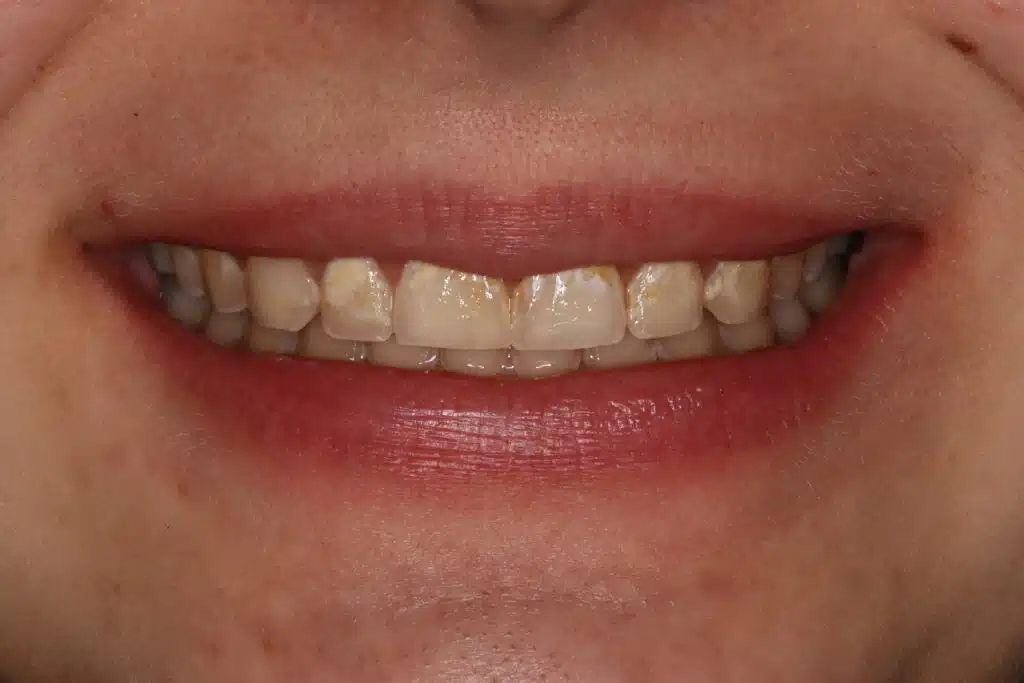
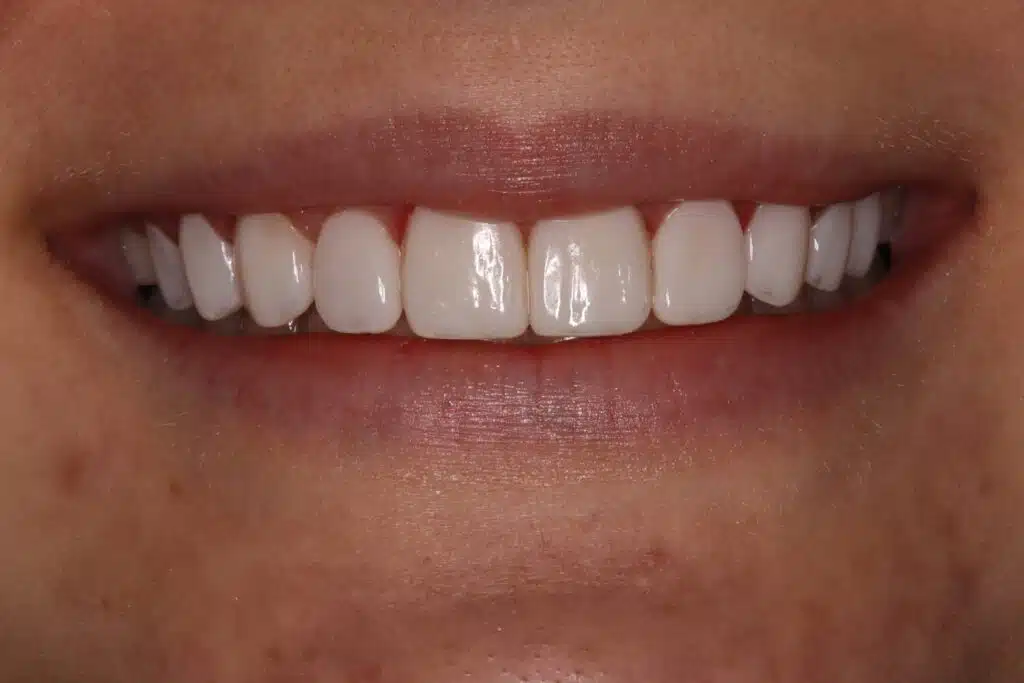

Smoking weakens the immune system, making it harder for your body to fight off infections, including gum disease. Smokers are twice as likely to develop periodontal disease, which can lead to gum recession and tooth loss.
Tobacco dries out the mouth and promotes bacterial growth, leading to persistent bad breath. The chemicals in cigarettes also leave a lingering odor that regular brushing may not eliminate.
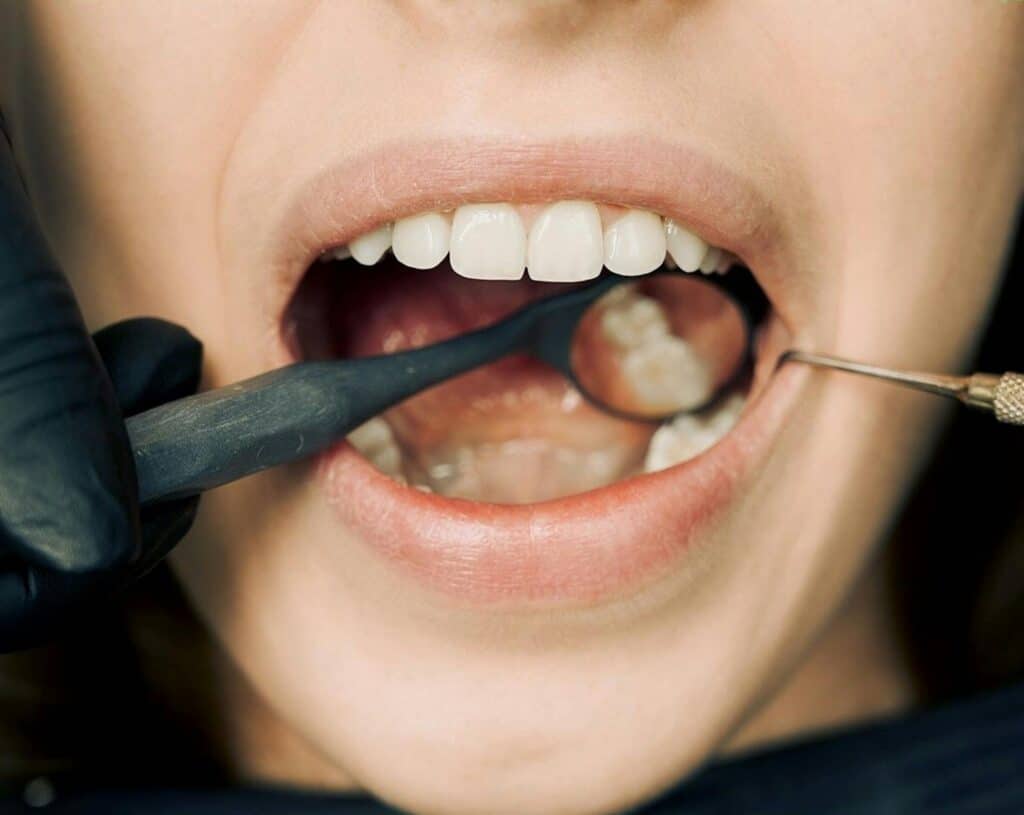
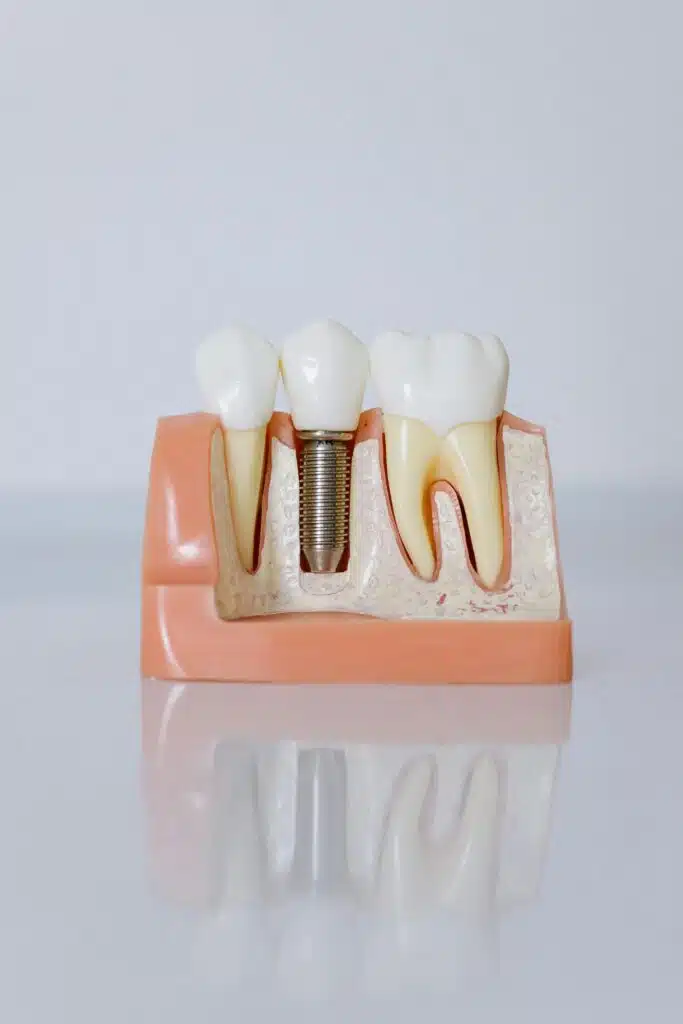
Smoking reduces saliva production, leading to a dry mouth. Since saliva is essential for neutralizing acids and washing away food particles, smokers are at a higher risk of cavities and eventual tooth loss.
One of the most severe consequences of smoking is oral cancer. The risk of developing cancer in the lips, tongue, cheeks, and throat is significantly higher for smokers than non-smokers.

Beyond damaging oral health, smoking also has devastating effects on the skin, accelerating the aging process and leading to various dermatological issues.
Smoking depletes the skin of oxygen and essential nutrients, breaking down collagen and elastin. This results in deeper wrinkles, especially around the mouth and eyes (commonly known as "smoker’s lines").
Nicotine restricts blood flow, causing the skin to appear dull, dry, and uneven. Many smokers develop an unhealthy, grayish complexion due to the lack of oxygen reaching skin cells.
Smokers have a harder time recovering from wounds, surgeries, or skin treatments due to poor circulation and reduced collagen production.


Prolonged smoking exposure can lead to a higher risk of developing certain skin cancers, particularly on the lips and face.
Smoking increases oil production in the skin, leading to clogged pores and frequent breakouts.
While quitting smoking is the best way to prevent further harm, there are various treatments available to help restore oral and skin health.
For stained teeth, professional whitening treatments can remove deep-set discoloration. Learn about our whitening services.
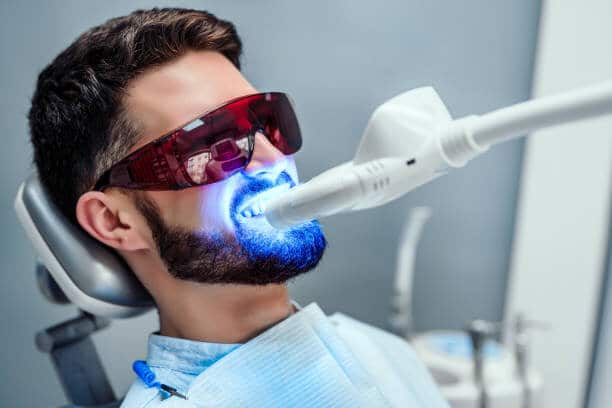
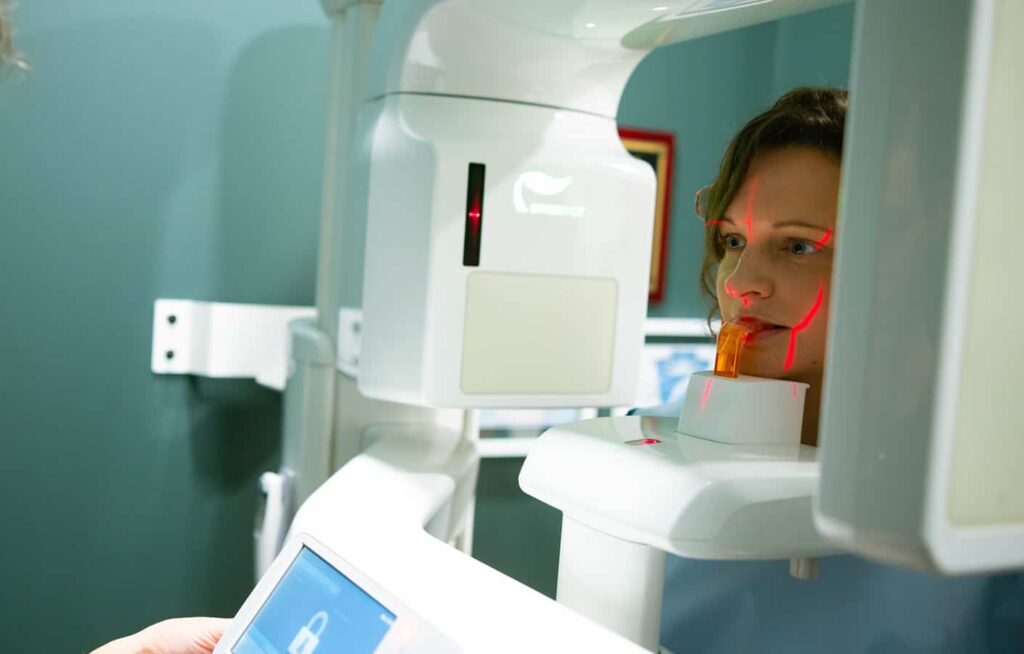
Routine visits to the dentist can help reverse early gum disease and remove plaque buildup. Schedule an appointment today.
There are various dermatological treatments available to improve skin texture and elasticity, including chemical peels and laser therapy.
Drinking plenty of water, using hydrating skincare, and eating antioxidant-rich foods can help repair the skin and oral tissues.
Switching to nicotine patches or other cessation methods can significantly reduce further damage to your teeth and skin.
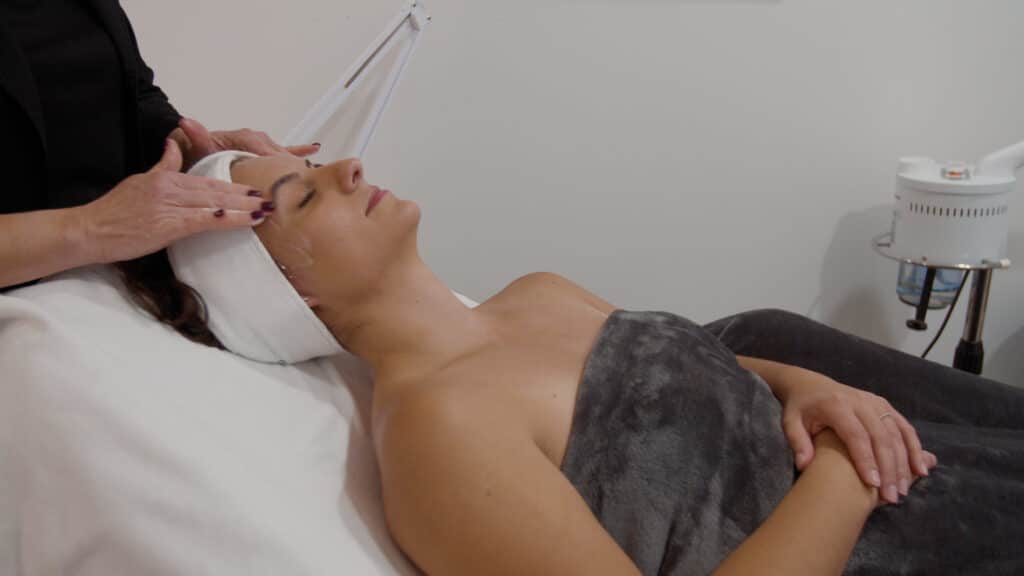
Smoking has a profound impact on both oral health and skin quality. From stained teeth and gum disease to premature wrinkles and dull skin, the effects of tobacco use are both visible and long-lasting. However, by taking proactive steps—such as seeking professional dental treatments and adopting a healthy skincare routine—you can restore your health and appearance.
If you're ready to take the first step in reversing the damage, schedule a consultation with our team today!

Looking for a family dentist in Hanover or Littlestown? We recommend Family Smiles Dentistry!